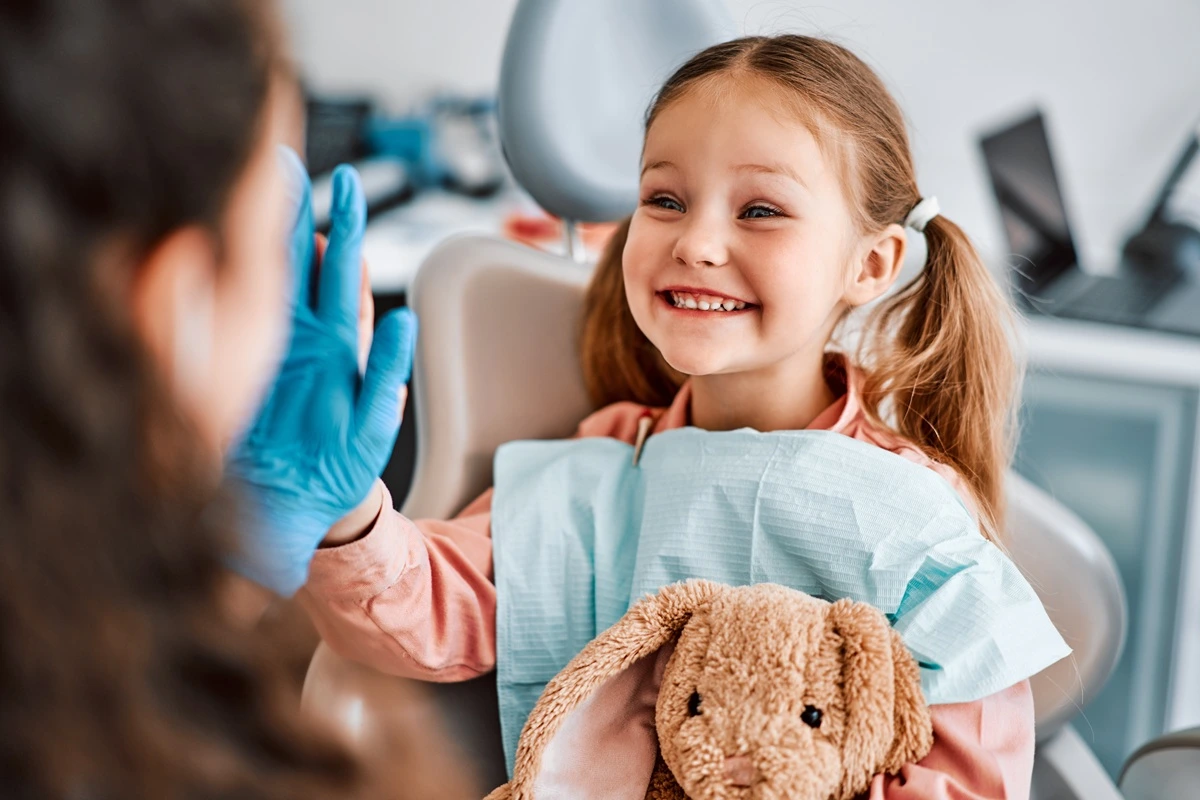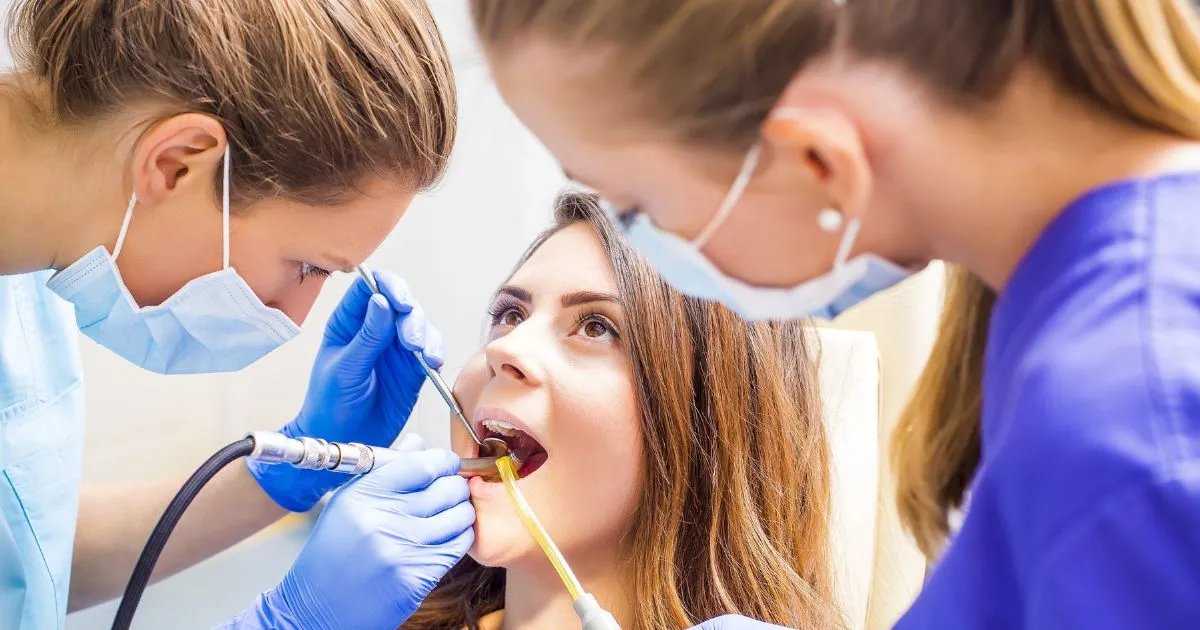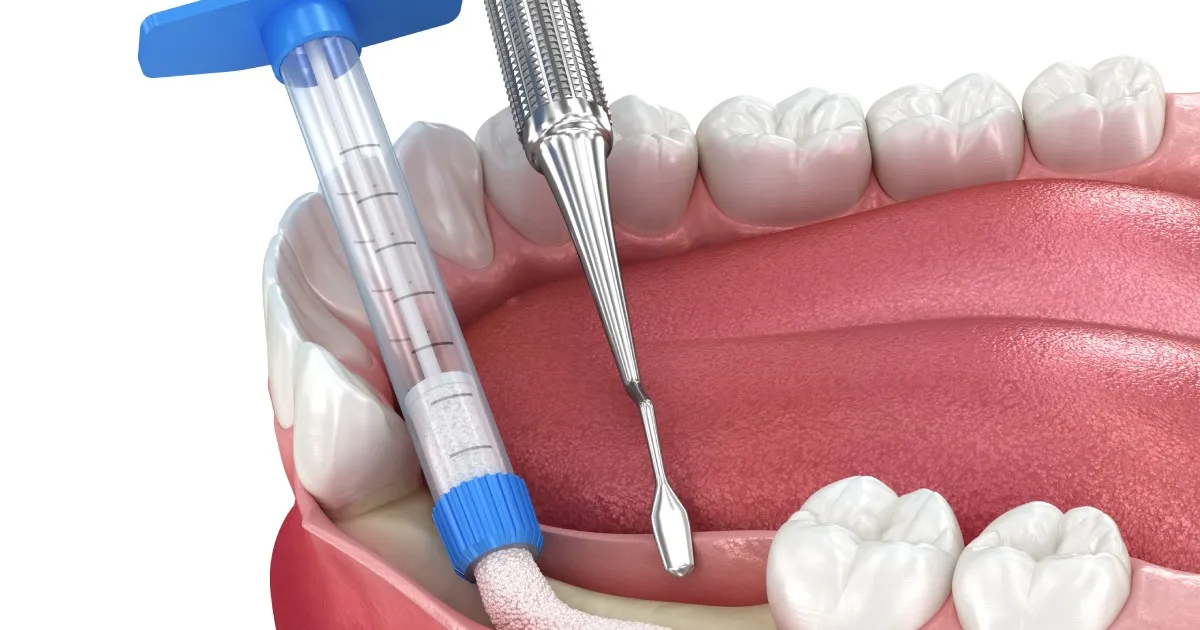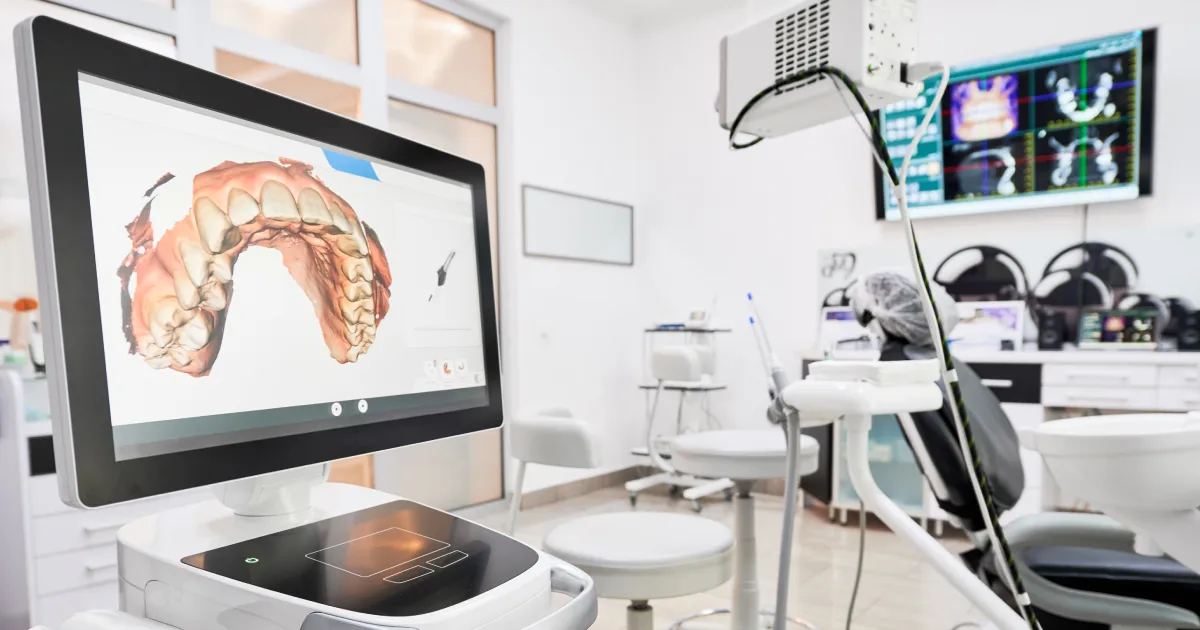What is a biopsy? It’s pretty simple. When you have an appointment with your doctor, he will take a sample of your tissue and send it to a pathologist for examination. Your doctor can use the result to determine if anything is wrong with your body and help treat any problems that may be causing symptoms such as pain or bleeding.
Biopsies are usually done as part of an endoscopy or colonoscopy to check for abnormal cells or growths called polyps (a type of tumor). They may also be acquired using other methods such as X-ray imaging (such as CAT scans), ultrasound imaging, magnetic resonance imaging (MRI), and computed tomography (CT scan).
Types of Biopsies
There are several different types of biopsies performed in dental offices:
Thoracic (chest) Biopsy
This procedure determines whether you have a lung tumor. A small needle is inserted into your chest wall, and the sample is sent to the lab for testing. Thoracic (chest) biopsies can be painful and invasive, so they should only be done if there’s a high likelihood that you have lung cancer.
Salivary Gland Biopsy
These are performed to see if you have oral cancer or something else that affects your saliva glands. A needle is inserted into your mouth and removed after samples are taken from your salivary glands. Salivary gland biopsies may cause some discomfort but are usually easy to recover after the procedure.
Bone marrow aspiration
Bone marrow aspirates are used to collect bone marrow samples for testing when there isn’t an apparent reason why bone marrow aspirate tests aren’t available (such as if they’re not available at other medical facilities).
Advantages of Getting a Biopsy
Getting a biopsy may sound scary, but it’s not as bad as you think. Here’s what you’ll learn at a biopsy:
Detecting Cancer Early
The early detection of cancer is crucial. Cancer is detected when it’s most treatable and reversible. If you have a biopsy and your doctor determines that no cancer is present, you can continue living your life as usual.
In addition to finding out whether or not you have cancer, getting a biopsy will also help doctors determine what kind of tumor they’re dealing with—and whether or not those tumors are aggressive enough to require treatment immediately (or even later).
Identifying the Type of Cancer
A biopsy is the best way to determine the type of cancer. This information can help you choose an appropriate treatment plan and ensure you receive the proper medication for your condition. Some types of cancer are more aggressive than others, so doctors must know how to treat them correctly. They may also be more likely to recur at some point; if this happens, another biopsy will likely be required for successful treatment.
Getting a Treatment Plan
A biopsy is a procedure where a small amount of tissue from your body is removed and examined under a microscope. A biopsy can tell you what type of cancer you have, how advanced it is, if it has spread, and whether or not treatment options are available.
A biopsy can give you answers to your questions and help you plan for your treatment.
A biopsy may help diagnose cancer or other conditions, such as diabetes or thyroid problems. If you have cancer and want to know the stage of your disease (the more advanced the disease), you might need a biopsy to find out how far along it has progressed to plan treatment based on this information.
Biopsy After-care
Take it Easy for 24 Hours
It helps you avoid heavy lifting and driving for 24 hours. Also, do not exercise for 24 hours after the biopsy.
Alcohol is not recommended during this time either because it can make you feel sicker than usual, especially if you’re having a biopsy done on your liver.
Keep the Site Clean and Dry
After a biopsy, keeping the area clean and dry is essential. A sterile gauze pad will absorb any oozing or bleeding. Keep the area dry, so there is no moisture on your skin or under the bandage. If you have oozing blisters, cover them with an antibiotic ointment or cream (such as hydrocortisone).
If your biopsy site feels inflamed or painful, apply an ice pack for 10 minutes every hour for at least 4 hours after surgery until any redness subsides.
Use an Ice Pack or Take Tylenol for Pain
Ice packs are perfect for reducing swelling and inflammation, while Tylenol can help with pain relief. Consider using a heating pad if your doctor recommends it after the biopsy.
Take anti-inflammatory drugs like Motrin or Advil as needed to relieve headaches, which might be caused by the procedure (such as swelling) or stress related to it (such as worrying about other symptoms).
Wear Loose Clothing to Prevent Chafing
You should wear loose clothing to avoid chafing. If you have a rash, you mustn’t put anything on your skin that can irritate or scratch the biopsy site. You should also cover the area with cotton bandages (or gauze pads) and keep them in place with adhesive tape or elastic bandages.
Do not use tape or adhesive strips on your skin after an eyelid biopsy because they may cause swelling around the area where they were applied, making it difficult for doctors to find any other cancerous cells during future examinations.
Common Symptoms
- Redness and swelling at the biopsy site
- Increased pain or tenderness in the area around the biopsy site
If you have acquired any of these symptoms and feel they are getting worse, go to the emergency room immediately so they can examine you and get started on treatment if needed.
Check with Your Doctor about your Particular Case
It’s essential to check with your doctor about your particular case. Your doctor will know the details of your biopsy, what to watch for, and what to do if there are problems.
If you have a biopsy, there are many options for taking care of yourself.
- Refrain from lifting anything heavy.
- Do not drink alcohol or smoke (marijuana is acceptable).
- Avoid sex, including oral sex and anal intercourse—the chances of getting an infection are more significant if you’re having sex. At the same time, your cervix is open because sperm can get into the uterus through microabrasions caused by the biopsy procedure itself.
Conclusion
A biopsy may be taken if your dentist suspects you have oral cancer. Your dentist may need to take a healthy tissue sample from your cheek or gums to help confirm the diagnosis.
If this is an option, Solomon Family Dentistry has biopsy services. Solomon Family Dentistry is where you can come to get the best care. We are dedicated to providing the best quality services possible, and we want our patients to feel comfortable and relaxed during their visits.





